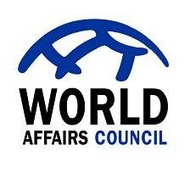UN Sustainable Development Goals - Global Competence Lessons
(View Complete Item Description)Developed by the World Affairs Council of Seattle, this teaching and learning module provides a series of lessons that engage students in exploring the United Nations Sustainable Development Goals. With 17 goals in total, this ambitious framework targets local and global issues ranging from ensuring quality education for all to mitigating climate change.You will find the student-specific instructions provide appropriate translations to assist teachers and students of heritage languages. Overall, these lessons will support students in developing the knowledge, skills, and dispositions that will prepare them for college, career, and civic life.
Material Type: Lesson, Lesson Plan, Module, Unit of Study









